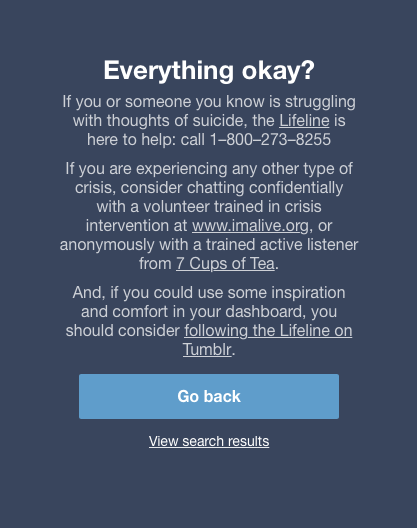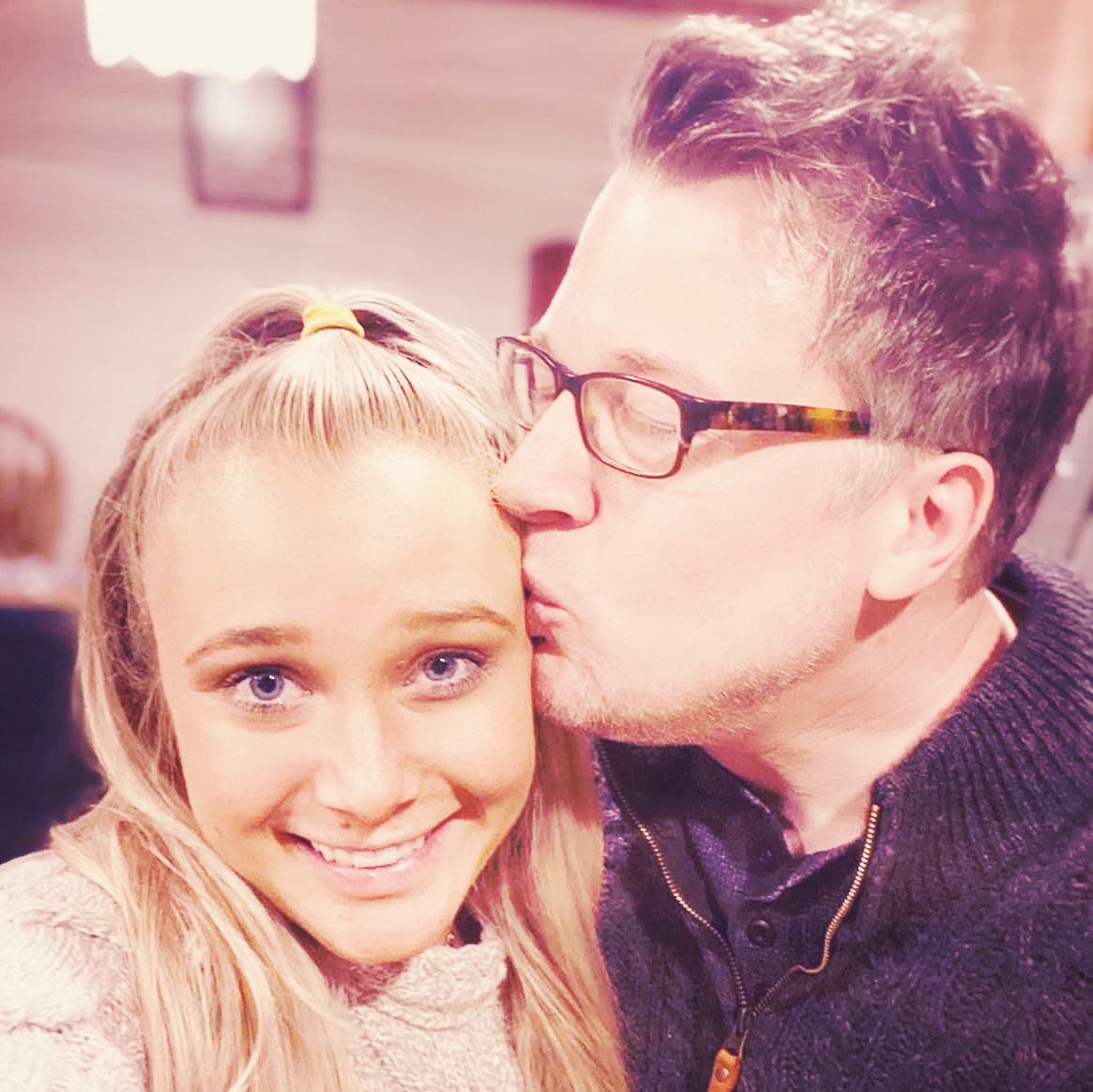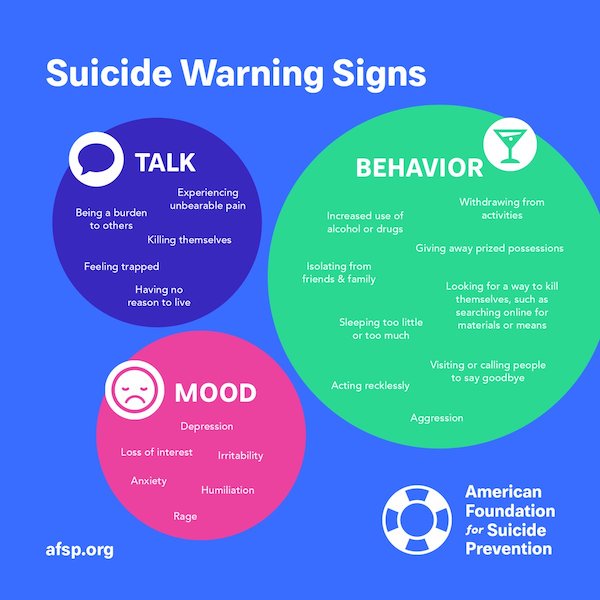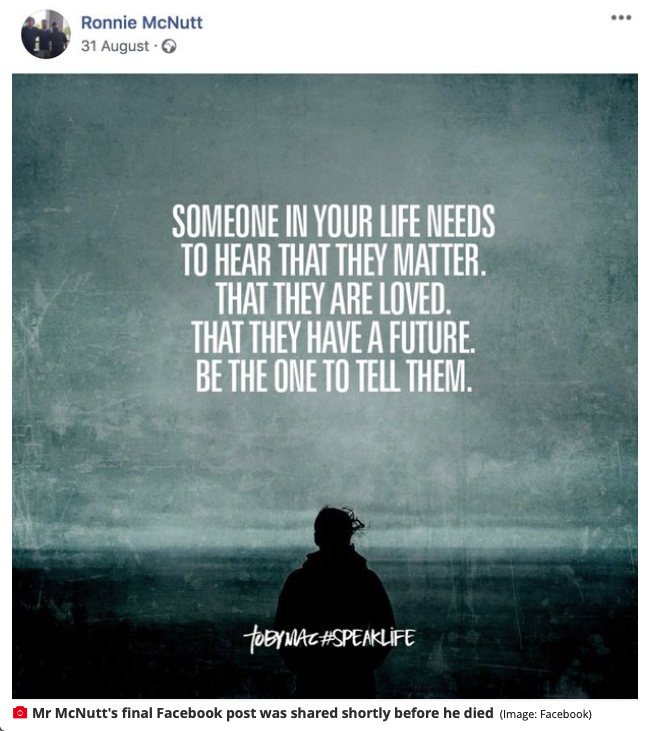The subject I am writing about today may be uncomfortable for some of my readers. I think it is an important one, though, because it affects people who have been marginalized by many in the mental health community. If your brush with suicide left you unscathed, then you know what I'm talking about. Also, if you search for “cutting” or “suicide” on Tumblr.com, you will see what it is that bothers me in the article, but I won’t link directly to any particular post. I don’t want to give any of those troubled souls undue attention.

There’s a club all the cool kids belong to.
A few weeks ago, I was talking with a friend about suicide. Yes, most buddies discuss the latest game, last night’s sports score, Scarlett Johansson, or politics, but my friends have me, so they get stuck with mental health discussions. That day’s topic was suicide and suicide advocates. My friend was beside himself in excitement.
I was discussing Tumblr blogs I had seen as well as some of my occasional readers who dislike my approach to mental health. The type of readers I was discussing tend to become offended by words like “choice” and “willpower”, as if suicide is something outside of their control. Indeed, there are many who strongly feel that way, and we often disagree, but what I shared with my friend was that some people don’t think I know what I am talking about because they feel that I have never truly been suicidal. Their thinking follows along this wise: I didn’t really attempt suicide years ago because I wasn’t hospitalized, and I don’t have any scars.
This is, of course, ridiculous. I did attempt suicide, but I stopped myself from going through with it. The knife against my wrist was dull and wouldn’t cut my skin. When I realized I had to change the blade, I thought long and hard about what I was doing. I could just finish the job with more force, I could get up and get a new blade from the other room, or I could stop. I had a choice.
But notice what has happened? I described my suicide attempt in order to legitimize it. This, of course, was a waste of time. The nay-sayers only approve of failed attempts at suicide, not abandoned attempts. It’s as if there’s a suicide club only the cool kids can join. Membership requires evidence.
This exclusivity ostracizes people in pain who make the strong and difficult decision to live. In my opinion, this is twisted thinking. If somebody steps to the edge of a ledge, then decides to step back, that doesn’t count, but if they are pulled down by police, it does? If they have the urge to step in front of a train but stop themselves, that doesn’t count, but if somebody pulls them back it does? If they take pills and nothing happens, then it doesn’t count, but if they get hospitalized it does? The club rewards attempts and punishes victories.
Membership in the club is validated by mental health professionals, too. When I described my suicide attempt twenty-three or so years ago, my therapist dismissed it cavalierly. “That’s not a real suicide attempt. That’s just a cry for help.” She was the professional, and all her healing crystals agreed with her. I was out.
Membership to the Suicide Club has benefits
Ironically, membership to the Suicide Club requires you to be alive, and nothing can convince nay-sayers that you’ve danced with death more than cutting. I'm not talking about those who cut to release emotional pain, then hide their deeds. They keep their pain private, which is its own problem. I'm referring to the Tumblr cutters who treat cutting like a spectator sport. They make sure everybody knows how much pain they are in. Cutting here looks like serious damage has been done, but their life was never in jeopardy since the cuts are **mostly** for macabre show. Is it any wonder that mental health professionals dismiss cutting as non-suicidal behavior?*
Cutting. It's a practice that is foreign, frightening, to parents. It is not a suicide attempt, though it may look and seem that way.
WebMD
Yet in the suicide club, cutting is evidence that you are suicidal. Getting your stomach pumped is a good one, too. Then you can write depressing poetry to build your suicidal street cred, and nobody can dispute your claims. Tumblr is filled with blogs of people showing photos of their latest binge. Some of the cuts are still bleeding. The more blood, the more suicidal they seem to say they are, demanding greater respect from their peers. A poser like me who stopped himself from drawing blood should be kicked off the internet.
Suicidism as performance art gets you a spotlight, support from peers, and validation. You can’t just claim you were suicidal, obviously. You need to document it on social media. As they say, show pictures or it didn’t happen. Your suicidal tendencies make you special and way better than normies. You are now a member of the tortured artists guild that feels deeper and more purely than any healthy person could ever imagine, and you’ve got the Tumblr posts to prove it. It’s a way of celebrating mental illness as a badge of honor, but at what cost?
The Suicide Club teaches you to be a victim
Tumblr is only the most recent manifestation of the suicide club. The problem with proving over and over again how suicidal you are is that your emphasis is on being unhealthy. You aren’t working on becoming better. You’re treading water at best. Sure, dark poetry, grotesque photography, and public venting may be cathartic, but the crowd you hang around with keeps you down because it demands your suicidism and theirs be constantly validated. Instead of believing in your ability to overcome your negative impulses, you encourage yourself to dwell in the darkness.
I understand. I truly do. My dark poetry at fifteen years old helped me feel a release, but it also perpetuated the darkness. The somber portraits I painted of myself at eighteen, my off-putting fashion aesthetic, and my cynicism kept people at bay, but also magnified my loneliness. Only after I began to train myself to think positively did I truly begin to recover. I left suicidism behind me. This isn’t to say that I may never deal with it again. I am clinically depressed and expect suicidal ideation to rear its goth-like head again one day, but I will be ready for it. I don’t need to belong to the Suicide Club to know my experiences were real, and I definitely don’t need the club to overcome the darkness. I just hope that one day those desperate kids on Tumblr realize that the club they belong to has heavy dues that they don’t need to pay to find validity in life.
As for those of you in a position to lend support, professional or otherwise, if you ever encounter somebody who displays suicidal behavior, don’t second guess it. Suicidal behavior is suicidal. You aren’t helping anybody by downplaying their actions. Do you really want them to prove to you how serious they are? Look at what’s happening on Tumblr. Not even Tumblr thinks it’s healthy. Perhaps it's relief that powers the prevailing attitude that suicidal people can be treated differently between those who fail to succeed and those who choose not to try, but the urges are real either way. Let's not encourage people to prove how serious they are by triaging suicidals and sending home those who thought better of it with a pat on the head.

Tumblr Search Warning
*Update, Saturday, November 21, 2015: Edited for clarity.
Image credit: Summertime Sadness, by Lana Del Rey




 Today is the 650th day since I was last suicidal. Keeping track of this stat is only something I began six hundred and fifty days ago. Before that was a hard spell in 2013, and before that was the two year rollercoaster at the end of my marriage. I thought about ending things quite a bit back then. I’m grateful that I was able to ignore those urges, but as I marvel at the number of days free from suicidal ideation, I am more grateful that I have retained my positivity through almost five months of being housebound with a chronic respiratory illness.
Today is the 650th day since I was last suicidal. Keeping track of this stat is only something I began six hundred and fifty days ago. Before that was a hard spell in 2013, and before that was the two year rollercoaster at the end of my marriage. I thought about ending things quite a bit back then. I’m grateful that I was able to ignore those urges, but as I marvel at the number of days free from suicidal ideation, I am more grateful that I have retained my positivity through almost five months of being housebound with a chronic respiratory illness. 












